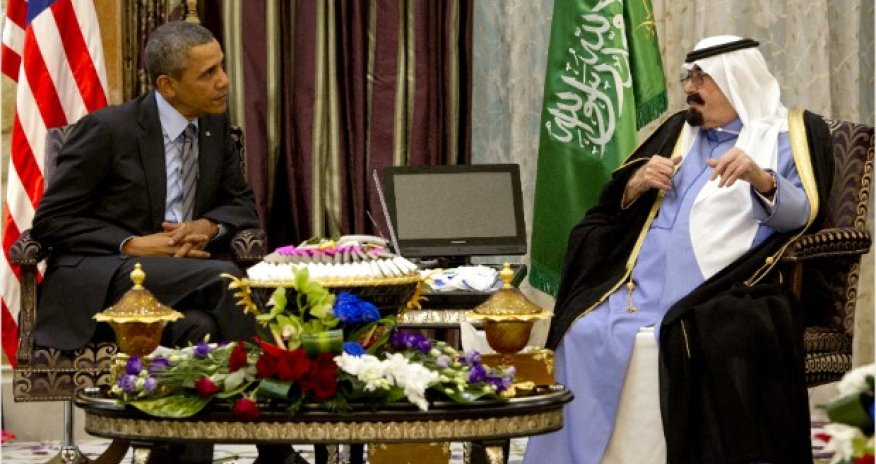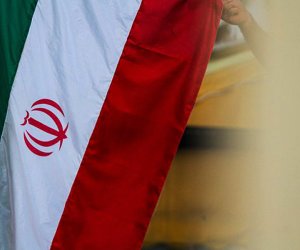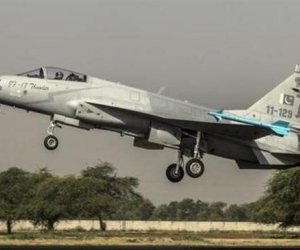The story behind Saudi Arabia's oil games

The near $50 drop in oil prices since June has led to rampant speculation about Saudi Arabia's master plan.
As the world's biggest producer of crude oil, Saudi Arabia has a lot of influence on prices. One theory is that the Saudis are intentionally crashing oil markets to undermine Iran. The implication is clear: Saudi Arabia is once again using oil as a weapon to weaken its political rivals.
But here's the catch: The health of the Saudi economy -- and some would argue, the viability of the Saudi state itself -- remains extremely dependent on oil.
Despite numerous initiatives and billions of dollars spent on efforts to diversify the Saudi economy, oil proceeds continue to account for 90% of export earnings, approximately 80% percent of government revenues and about 40% of GDP.
Saudi's oil woes: The Saudi government owns all natural resources in the country, including oil, and uses their sales to maintain its social contract with Saudi citizens, many of whom have come to expect free or heavily subsidized education, healthcare, housing as well as government employment in return for their political acquiescence.
On Thursday, the Saudi Ministry of Finance announced its 2015 budget with an expected a deficit of $39 billion, the largest in the country's history.
The budget and falling oil prices have dominated both traditional and social Saudi media.
The government is the largest employer in Saudi Arabia. While the Arab spring has largely faded from the collective memory of Saudis -- many of whom now associate it with instability and violence -- it was not a coincidence that the Saudi government announced a $130 billion spending boost on new housing, education, healthcare and job creation in 2011.
As is the case in the rest of the Middle East, large segments of the young and increasingly better educated Saudi population now routinely express their frustration over their economic well-being on social media.
Saudi Arabia wouldn't risk disturbing this delicate domestic balancing act to undermine Iran.
Intentionally cutting the oil price in half is the equivalent of a self-inflicted gunshot to the head for Saudi Arabia. The current oil "crash" has little to do with the Saudis playing politics and everything to do with market fundamentals.
We are experiencing basic economics: An increase in global supplies -- largely due to increased shale production in the United States -- has been combined with lower global demand as economies in Europe continue to sputter and Asian growth. This is the main driver of the oil price meltdown.
While it's true that Saudi Arabia used oil as a weapon in the past, it was hardly a great success.
Some argue the Saudi-orchestrated oil embargo against the United States for its support of Israel during the 1973 Yom Kippur War was a seminal event that made the playing field between "North and South" more level. But others argue that the U.S. did not alter its policy and that the increase in oil prices -- largely due to production cuts by OPEC -- strained relations between oil producers and consumers, prompting the latter to issue calls for energy independence.
(CNN)
ANN.Az
Similar news
Similar news
Latest news 
More news 



































 Photo
Photo 



 Video
Video 

